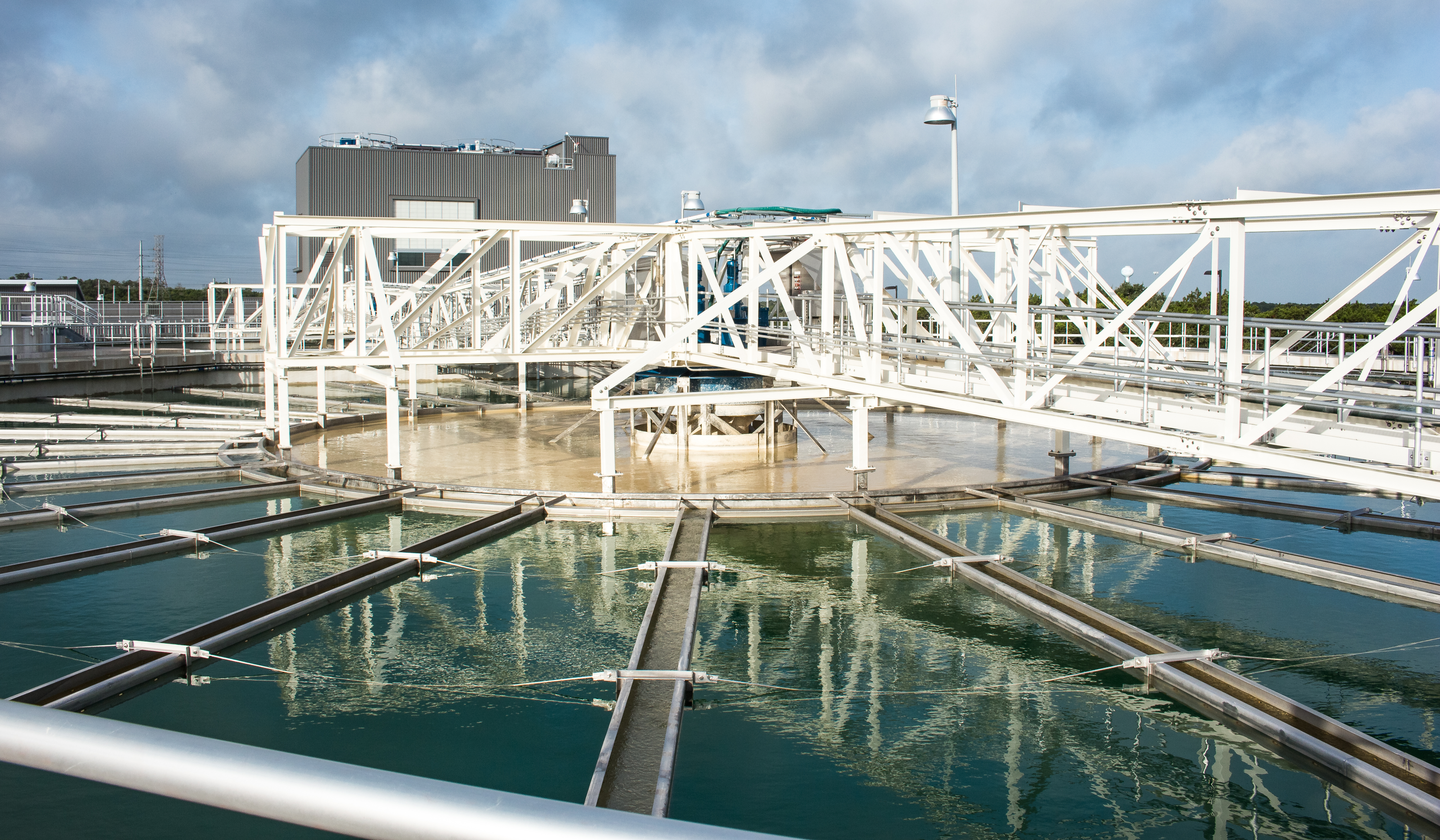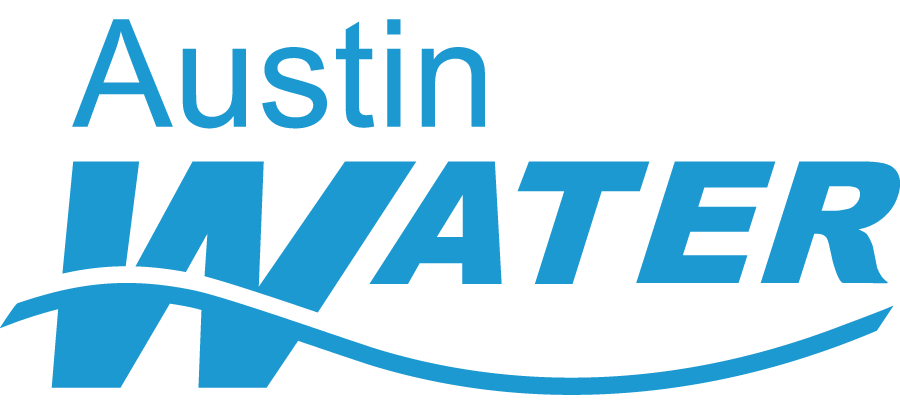

The utility is enhancing resilience with implementation plan underway
AUSTIN, TX – At a joint meeting today of the City Council’s Audit and Finance Committee and Austin Water Oversight Committee, Austin Water provided details about improvements that have been implemented or are underway to enhance resilience. The improvements stem from recommendations made as part of an external review of Austin Water that was completed in January 2023.
“We appreciate the opportunity this review provided for us to rebuild community trust,” said Austin Water Director Shay Ralls Roalson. “We are more robust and resilient than we have ever been, but we are also facing threats that we’ve never seen in our history. Implementing the recommendations from this report will make Austin Water stronger and better positioned to face climate change and extreme weather events.”
The assessment of Austin Water was led by the Office of the City Auditor and conducted by the University of Texas at Austin’s Center for Water and the Environment. Some of the key findings from this extensive review include:
- Treatment processes performed by Austin Water to serve its more than 1 million customers are appropriate.
- The Ullrich Water Treatment Plant infrastructure is adequately designed with sufficient capacity.
- Austin Water has taken steps to mitigate water quality risks and improve operational resiliency at its water treatment plants.
- Austin Water’s power resiliency and Emergency Preparedness Plan sufficiently address hardening of electrical transmission and distribution, additional auxiliary power generation, adequate water storage, and implementation of emergency water demand rules.
- Austin Water’s emergency management structures are well thought out and suitably structured; the Incident Management Team and Department Operations Center align with FEMA standards.
The review also identified 53 recommendations to improve hiring and compensation, organizational structure, operations and staff training, culture and internal communications, and emergency management. Overall, 69 percent of the recommendations have been implemented or are underway. All recommendations will be implemented by the end of the year, through specific actions, process improvements, or programmed capital projects.
“Austin Water is committed to learning, continuous improvement, and innovating to address modern challenges. We are excited to bring these recommendations to fruition to serve our community,” said Director Roalson.
The full External Review and Austin Water’s Resiliency Implementation Progress Report can be read here.

